
In the Shadows of Power: The Fall of Xi Jinping
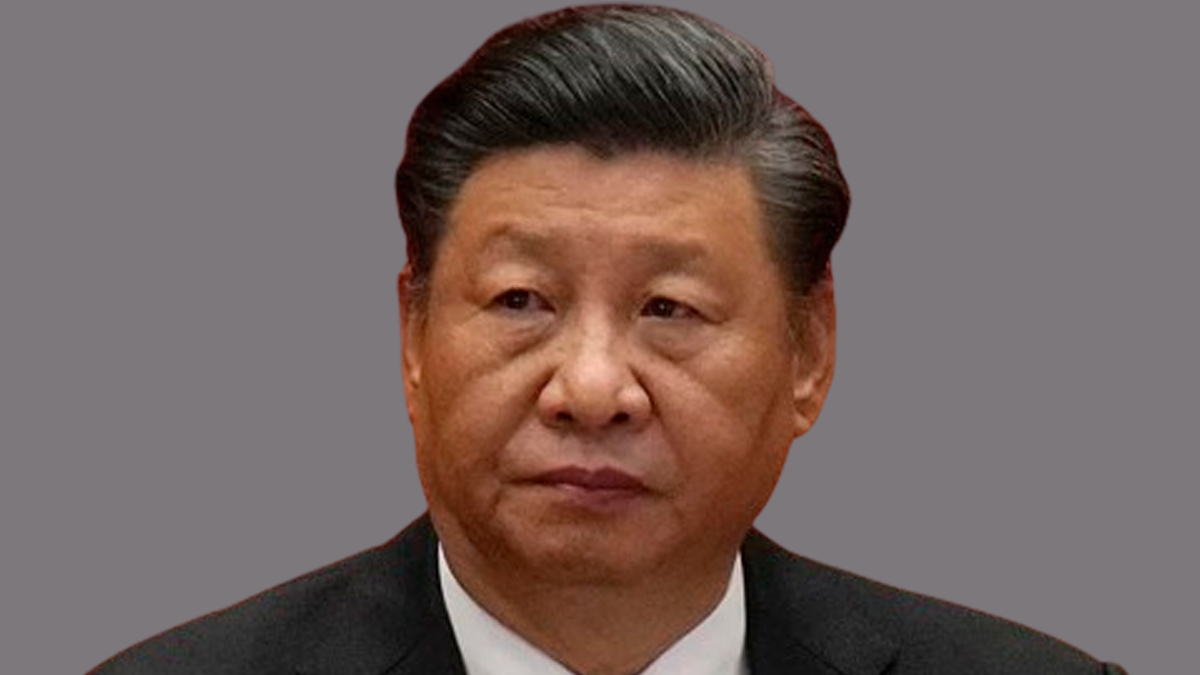
The figure of Xi Jinping, Chairman of China’s ruling Communist Party, once loomed large, seemingly impervious to criticism. However, as the years have unfolded, cracks in his authoritarian facade have begun to emerge, revealing a leader grappling with mounting challenges and internal dissent.
For the better part of a decade, Xi Jinping basked in the adulation of his people, leveraging his popularity and consolidating power to unprecedented levels. His audacious move to overturn established norms by securing a third term in office and strategically placing his allies in key positions underscored his dominance within the Chinese political landscape. Yet, beneath the surface, discontent simmered, fueled by economic woes and growing dissatisfaction with his leadership.
Willy Wo-Lap Lam, a seasoned analyst and author, offered a scathing assessment of Xi Jinping’s legacy during a recent seminar. Lam painted a picture of a leader consumed by delusions of grandeur, positioning himself as a modern-day Mao Zedong, surpassing even the revered Deng Xiaoping in party contributions. However, Lam cautioned that Xi’s ambition may ultimately be his downfall, predicting that he may not seek to extend his rule beyond a fourth term.
Xi’s ascent to power in 2012 marked the beginning of a ruthless campaign to consolidate his authority, sidelining rival factions within the Chinese Communist Party (CCP) and amassing a loyal following. However, dissent lurked beneath the surface, with disgruntled party members and remnants of rival factions plotting against him.
Recent purges within the party and military apparatus suggest a leader desperate to quash dissent and maintain his grip on power. High-ranking officials with ties to former Defense Minister Li Shangfu have vanished without a trace, fueling speculation about corruption scandals and power struggles within Xi’s inner circle.
Economic turmoil further compounds Xi’s woes, with reports of wage decreases and mounting debt burdens casting a shadow over China’s once-booming economy. Despite Xi’s attempts to attract foreign investment, negative foreign direct investment and dwindling reserves signal a downturn in China’s economic fortunes.
Xi’s embrace of nationalism and authoritarian alliances reflects a desperate bid to shore up his legitimacy amid growing discontent at home and international condemnation abroad. However, his aggressive foreign policy stance, particularly in light of Russia’s actions in Ukraine, has raised eyebrows and triggered alarm bells in Western capitals.
As tensions escalate on the global stage, Xi’s ambitions for Chinese hegemony face mounting challenges. The prospect of conflict, whether in Taiwan or elsewhere, underscores the risks of Xi’s assertive foreign policy.
Despite mounting criticism and internal dissent, Xi remains obstinate, refusing to acknowledge a successor and clinging to power with an iron fist. His unwavering confidence, bordering on hubris, may ultimately lead China down a dangerous path, one fraught with uncertainty and instability.
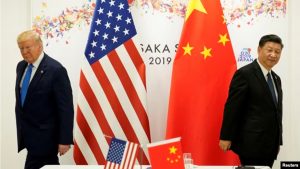
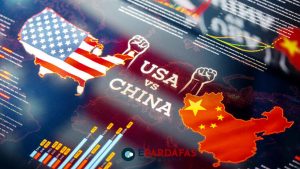



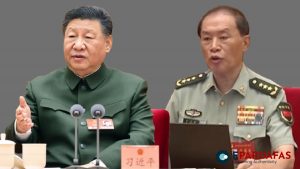



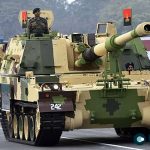


Comments